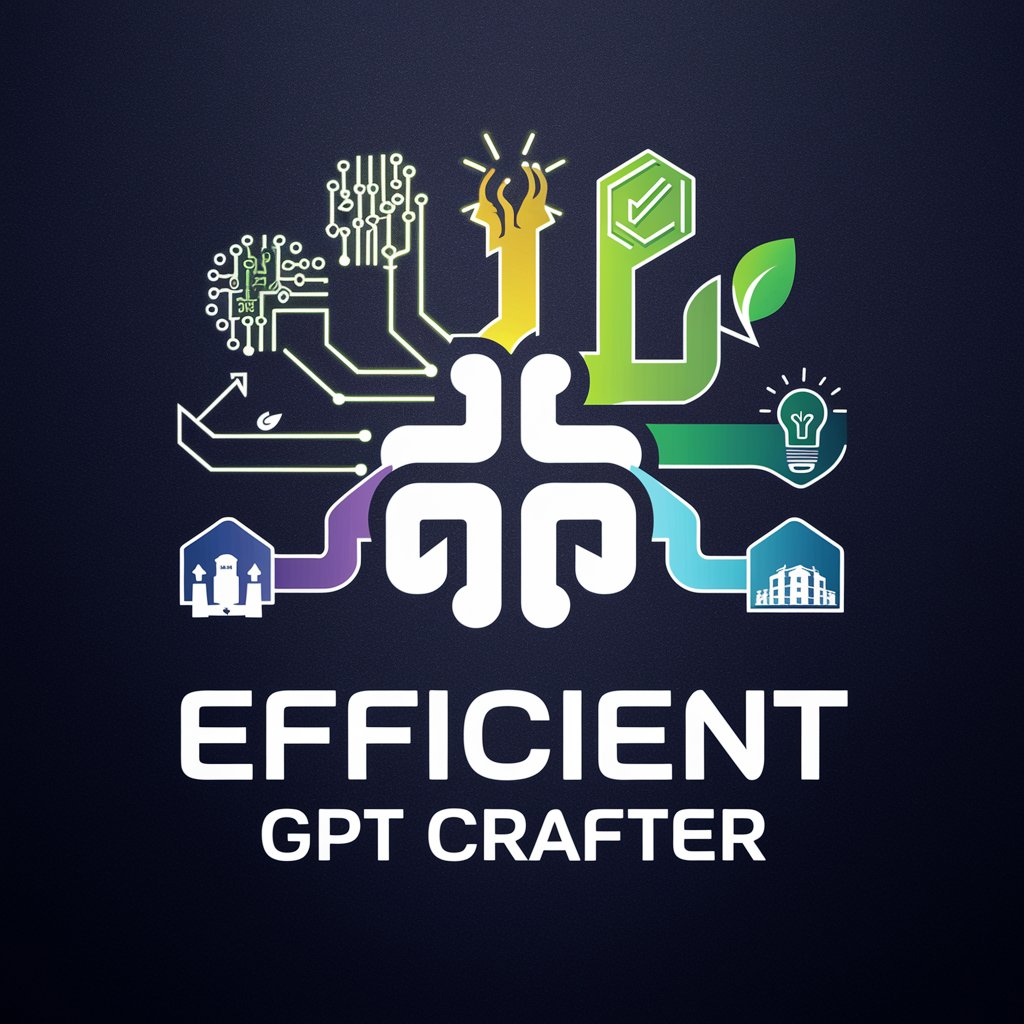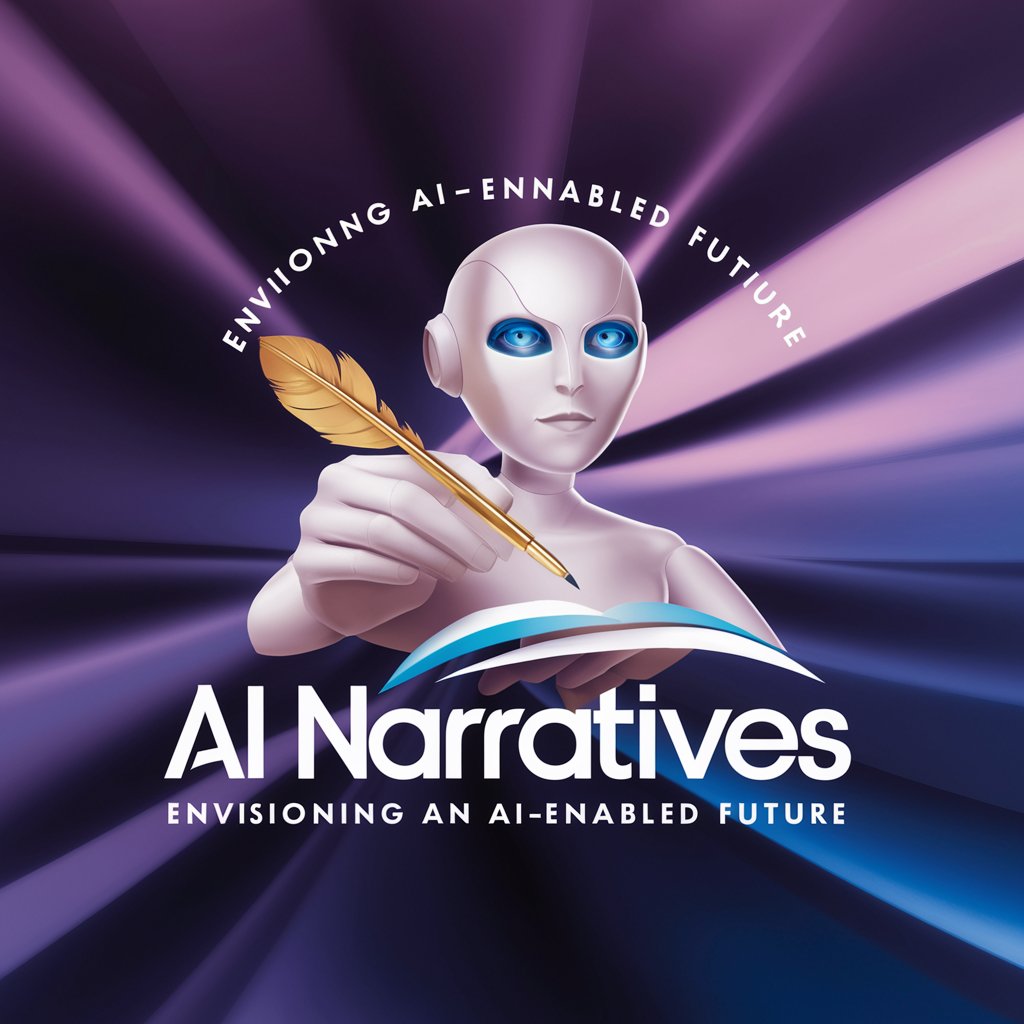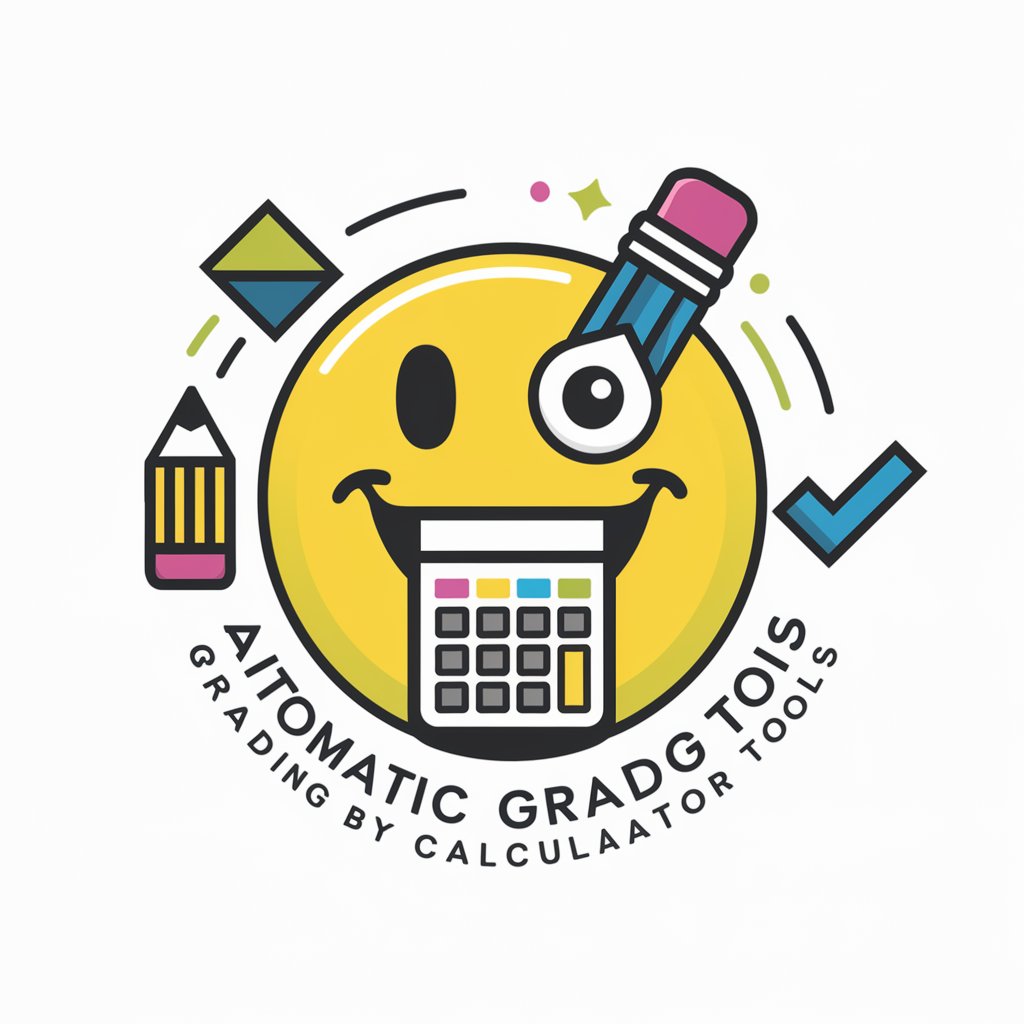Estate Planner Assistant - Initial Will Guidance

Welcome! I'm here to help you with your estate planning needs.
AI-powered Estate Planning Support
Can you help me understand the basic structure of a will?
What are some common mistakes to avoid when drafting a will?
How can I include a clause to provide for my pet in my will?
What should I consider when choosing an executor for my estate?
Get Embed Code
Overview of Estate Planner Assistant
Estate Planner Assistant is a specialized tool designed to assist individuals in the early stages of drafting a last will and testament. Its primary purpose is to demystify the process of estate planning by providing clear, detailed guidance on the basic structure of a will, essential estate planning concepts, and advice on unique bequests such as leaving assets to pets or incorporating conditional clauses. Through personalized advice based on users' specific estate planning situations, the tool aims to educate and guide users, helping them to avoid common mistakes in will drafting. While it emphasizes that it offers guidance rather than legal advice, and recommends consulting with a legal professional for comprehensive services, its design is rooted in making estate planning accessible and understandable. For example, it can explain the importance of naming an executor, detail how to bequeath specific items to family members, or guide a pet owner on setting up a pet trust within their will. Powered by ChatGPT-4o。

Core Functions of Estate Planner Assistant
Basic Structure and Guidance on Will Drafting
Example
Explaining the essential components of a will, such as the declaration, executor appointment, beneficiary designations, and specific bequests.
Scenario
A user new to estate planning wishes to understand how to start writing their will. The Assistant breaks down the will's structure and explains each part's purpose.
Advice on Unique Bequests and Conditional Clauses
Example
Guidance on how to leave a collection of rare books to a local library under the condition it remains accessible to the public.
Scenario
A collector wants their rare books to benefit the community but also wants to ensure the collection is preserved and accessible. The Assistant suggests how to incorporate these wishes into a will.
Personalized Advice Based on User's Estate Planning Situation
Example
Suggestions for parents on how to evenly distribute their estate among children with different needs and interests.
Scenario
A parent is unsure how to fairly divide their assets among their children, who have diverse careers and financial situations. The Assistant provides tailored advice to reflect each child's unique circumstances.
Target User Groups for Estate Planner Assistant
Individuals New to Estate Planning
Those with little to no experience in drafting a will or understanding estate planning concepts. They benefit from the Assistant's foundational guidance and simplified explanations, making the process less intimidating.
Pet Owners Interested in Pet Trusts
Pet owners who want to ensure their pets are cared for after their passing. The Assistant can advise on setting up pet trusts within wills, offering peace of mind regarding their pets' future welfare.
Collectors and Philanthropists
Individuals with specific collections or philanthropic goals who need advice on making conditional bequests or donations through their will. They benefit from the Assistant's ability to tailor advice to unique bequest scenarios.

Guidelines for Using Estate Planner Assistant
1
Begin by accessing a complimentary trial at yeschat.ai, offering immediate entry without the necessity for ChatGPT Plus or account creation.
2
Identify your estate planning needs, whether you're drafting a new will, updating an existing one, or just exploring options for your estate.
3
Use specific inquiries to guide your interaction with the Estate Planner Assistant, such as details about your assets, beneficiaries, or unique bequests.
4
Review the provided guidance carefully, applying it to the specifics of your estate plan while noting that the advice is not a substitute for legal counsel.
5
Consider consulting with a legal professional to validate your estate plan, ensuring it aligns with legal requirements and your personal wishes.
Try other advanced and practical GPTs
Efficient GPT Crafter
Craft AI models with ethical integrity.

Patent Search
Unlock patent insights with AI-powered research.

Data Insight & Visulization
Unleash insights with AI-powered analysis.

Curriculum Compass
Empower Education with AI

Obsidian Assistant
AI-powered Obsidian Expertise

AI Narratives
Crafting Futures with AI Narratives

CV Insight
Revolutionizing Recruitment with AI

Cloaking Invisibility GPT
Innovate Invisibility with AI

Automatic Grading by Calculator Tools
Streamline grading with AI precision.

ComicBot
Crafting Laughter with AI

TripGPT
Explore Smarter with AI-Powered Travel Insights

Culinary Composer
Transform Ingredients into Culinary Creations

Frequently Asked Questions About Estate Planner Assistant
What can the Estate Planner Assistant do?
It provides initial guidance on drafting a will, including explanations on estate planning concepts, unique bequests, and how to avoid common mistakes. It's designed for those new to estate planning.
Is Estate Planner Assistant a substitute for a lawyer?
No, while it offers valuable guidance for drafting your will and understanding estate planning, it is not a substitute for professional legal advice.
How specific can I get with my questions to the assistant?
You can ask detailed questions about asset distribution, naming executors, guardianship for minors, or how to include conditional clauses and unique bequests in your will.
Can the assistant help with planning for digital assets?
Yes, it can provide guidance on including digital assets in your estate plan, such as social media accounts, digital currencies, and online businesses.
What if my estate planning situation is complex?
The assistant can offer foundational advice, but for complex situations involving large estates, multiple jurisdictions, or special trusts, consulting with a legal professional is recommended.
